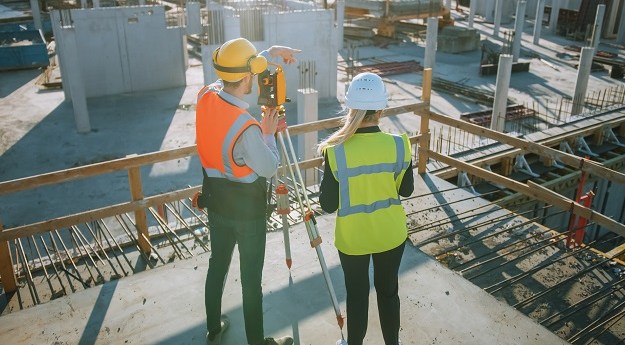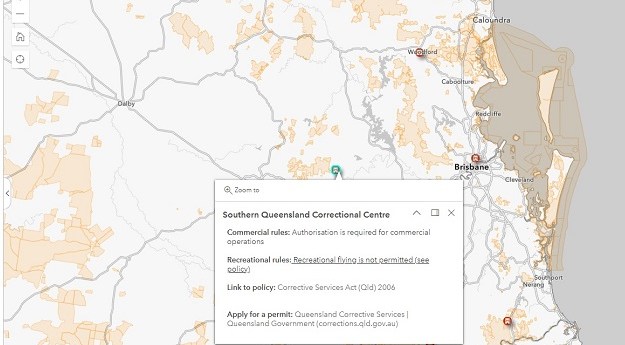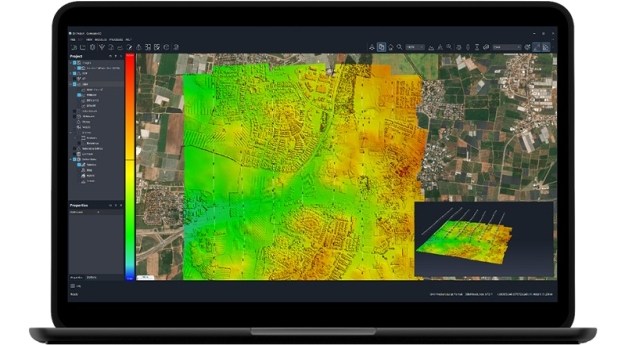
Australia is heavily reliant on space-based international systems for early warnings of impending natural disasters, according to evidence given to a UN committee last week.
The committee is examining the importance of international cooperation in the peaceful uses of outer space.
David Windsor, acting deputy permanent representative to the UN, said Australia was reliant on others for satellites and launch facilities, and on properly functioning international systems of cooperation.
Windsor noted further that Sentinel Asia, established in 2005 after the tsunami, gathered information from satellites and provided an early warning system for disasters, through collaboration between space agencies and disaster agencies.
Australia is currently in the process of developing a national space policy, but a relative lack of financial investment means that the nation will always depend on overseas agencies such as NASA, Russia's Federal Space Agency, and the European Space Agency.
And in the same spirit Australia is sharing information from a space-based operation with some of its Pacific neighbours, Windsor said.
Geoscience Australia used high-resolution multi-spectral data from the ‘Quickbird’ satellite to produce detailed bathymetric maps for the shallow-water coastal areas of Tonga and the Solomon Islands, as part of a comprehensive tsunami risk assessment of those island nations.
Windsor added that Space Application for Environment (SAFE), a voluntary-based initiative in the Asia-Pacific region, aimed to encourage environmental monitoring for climate change mitigation and adaptation studies, as well as other forms of practical application.












